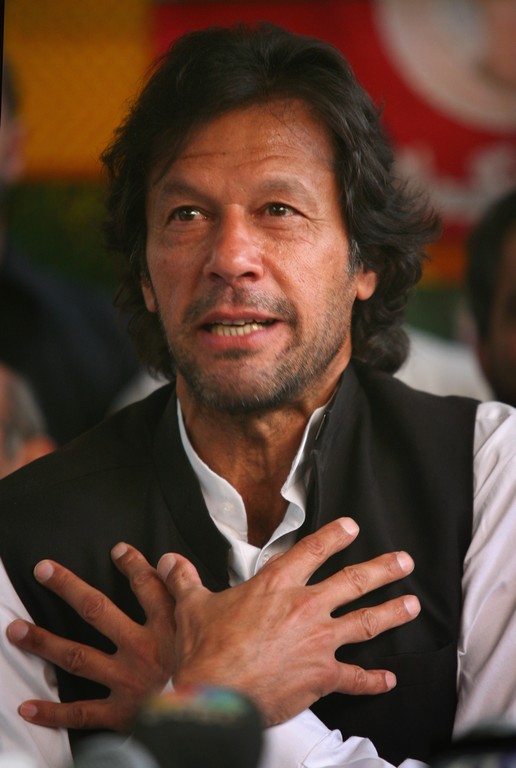Earlier this week the World Bank announced that Pakistan and other South Asian countries will likely record their worst growth performance in four decades thanks to the Covid-19 pandemic.
The South Asian region — which comprises of Afghanistan, Bangladesh, Bhutan, Maldives, Nepal, India, Pakistan and Sri Lanka — is expected to show economic growth of 1.8% to 2.8% this year, as stated by the World Bank in its South Asia Economic Focus report. According to the report three other countries — Afghanistan, Pakistan and the Maldives — are expected to fall into recession.
In the event of prolonged lockdowns the report warned of a ‘worst-case scenario’ in which the entire region would experience an economic contraction. To minimize the economic fallout, the World Bank called for countries in the region to announce more fiscal and monetary steps to support unemployed workers, as well as debt relief for SMEs.
Pakistani Prime Minister Imran Khan has appealed to world leaders, leading financial institutions, and the United Nations to launch a global debt relief initiative to provide much-needed relief to developing nations. The prime minister cautioned that the pandemic’s socio-economic impact will be much more consequential for the developing world.
The proposed global initiative is aimed at laying the foundation for urgent debt relief for developing countries, at their request, and without onerous conditionalities.
The prime minister said that while countries like the US, Germany, and Japan have come up with relief packages of $2.2 trillion, €1 trillion, and $1 trillion respectively, the maximum stimulus the government of Pakistan can afford for a country of 220 million people is around $8 billion.
The initiative is built on the prime minister’s belief that enhanced fiscal capacity is fundamental for recovery from the ongoing crisis.


